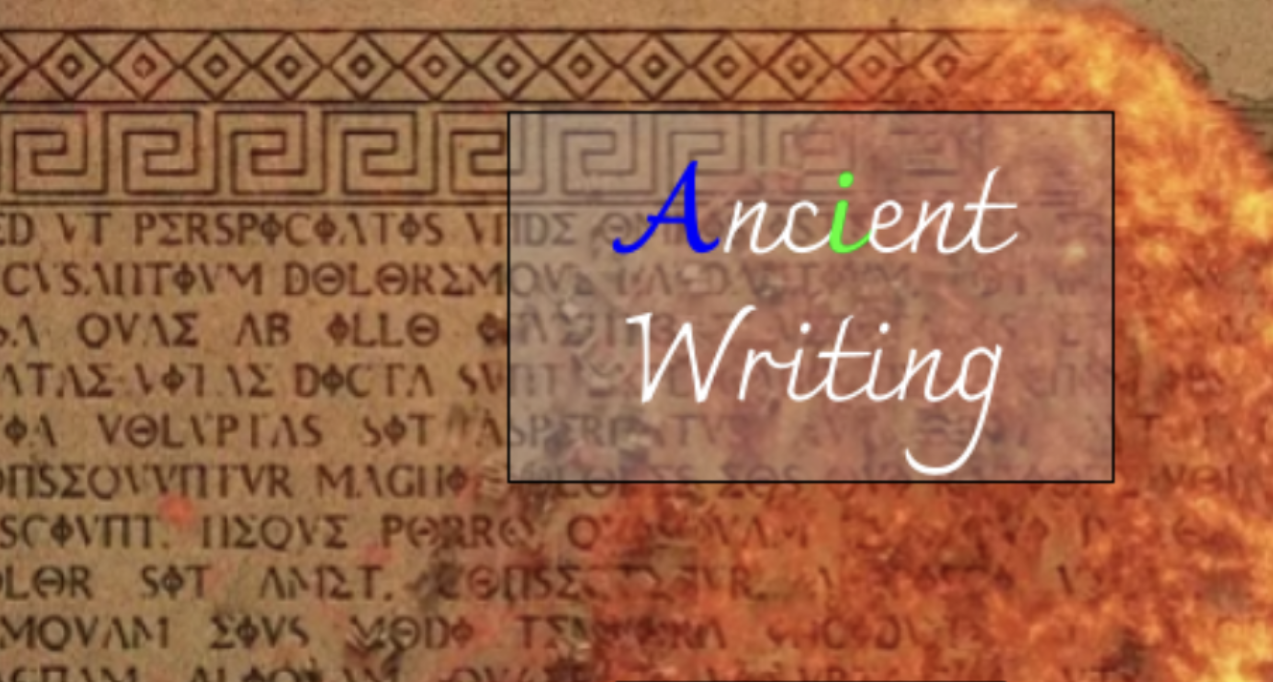At bottom, chess is a game of combinations – and understanding why some players are better at recognizing these combinations goes a long way to explaining the difference between chess grandmasters and the rest of us.
With a set of rules governing how the 32 chess pieces can move, players take turns arranging the pieces on the 8×8 chessboard until someone wins. Through brute force computation, analysts have estimated that the total number of possible chess configurations that could possibly occur in any chess game to be 1011 and 10123. To give you a feel for how big these numbers are, there are about 1082 atoms in the observable universe!
Not surprisingly, the number of chess combinations is far beyond human comprehension. Indeed, a famous chess grandmaster like Magnus Carlson “only” remembers 10,000 chess games and up to 20,000 chess positions. Even if this number is just a minute fraction of all chess positions, it still takes grandmasters years and even decades to memorise them. So how are advanced chess players able to recognize chess positions so much easier than less-skilled players, and why is it not necessary to remember all the positions?
The second question is easier to answer. There is a great fraction of the potential 10111-123 positions that are extremely unlikely to actually occur in a real game. The main aim of chess is to capture the king. Therefore we can eliminate many chess positions where the pieces just seem to be randomly placed, and thus unlikely to further this goal. Even chess AI, such as AlphaZero, trains on games played by humans and has metrics to analyse a player’s chance of winning based on how strategically the pieces have been placed.
Also, many chess players make ‘”greedy”’ moves when playing — that is, making the best possible move for the short-term benefit — because it’s difficult for most players to see too many moves ahead. A simple example is capturing pieces —removing the opponent’s pieces lessens their opportunities to attack or defend, therefore increasing their inconvenience. However, just blindly capturing pieces may weaken, for example, may weaken one’s defences and control over the centre of the board, thus putting themselves at a disadvantage in the long-term. Grandmasters are able to play less greedily as they can see 10-20 moves into the future.
As to the first question about how advanced chess players are more skilled in recognising chess positions, the answer requires insight on how advanced chess players remember individual positions on the chessboard. Rather than remembering where each individual piece is placed, it is much more efficient to recognise smaller patterns of around three to ten pieces. For example, when a king “castles” (a tactic only allowed once in a game, in which a player can move two pieces at the same time), there is a limited number of arrangements of (primarily) pawns and other pieces that seem reasonable or have occurred in previous games. Chess masters can group pieces together based on experience, effectively having a greater understanding of how the pieces can behave based on the observed patterns while not needing to waste memory on individual pieces.
Nueroscience also provides important insight here. Research shows that grandmasters more frequently use the frontal lobe of the brain, which is effective in problem solving, rather than the middle brain, which is more for memory. Thus grandmasters are able to break down a long game into its snapshots, thereby creating a map in their head which interlinks all the thousands of individual positions. This is critical, because the main problem-solving aspect of advanced chess is to recognise the current position, and visualise how it can link to future positions, as well as using controlling individual patterns to one’s advantage.
A friend once commented that “all chess players do is remember boards.” But what sets the best players apart is their immense skill in visual pattern recognition and the capability to connect the current and future positions of pieces through mind mapping – abilities that go far beyond simply having a good memory.




